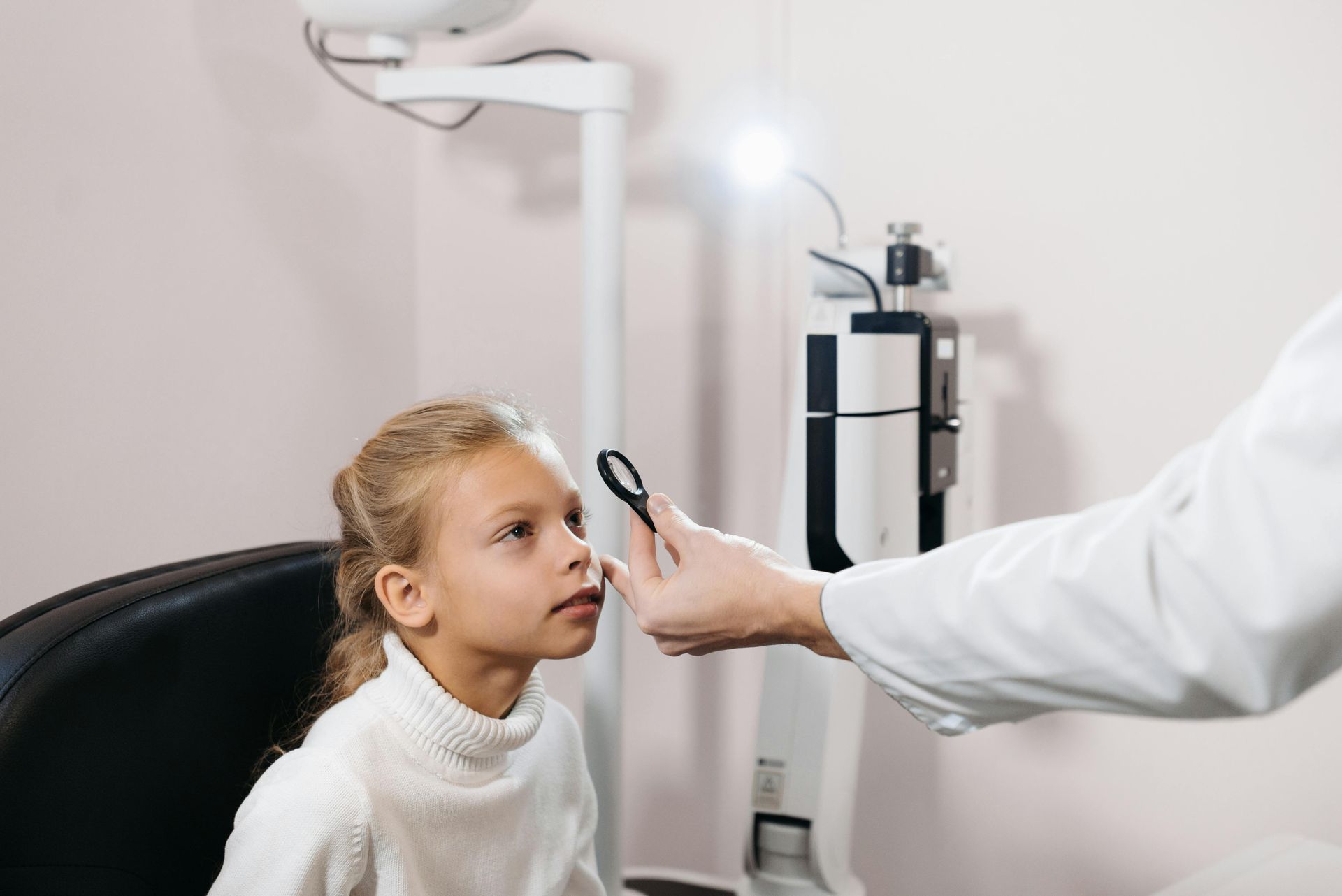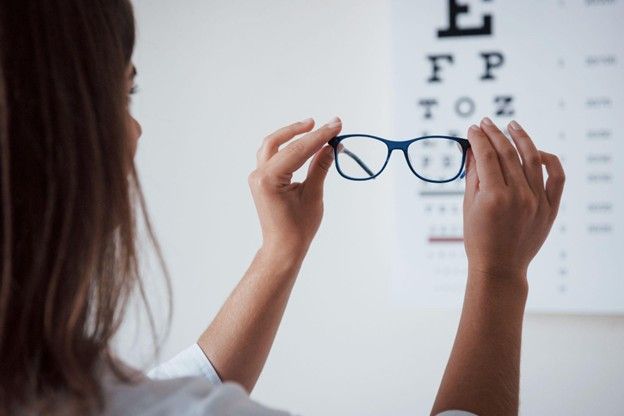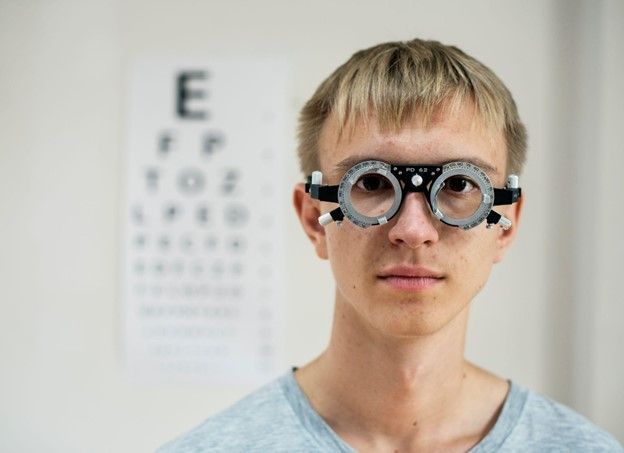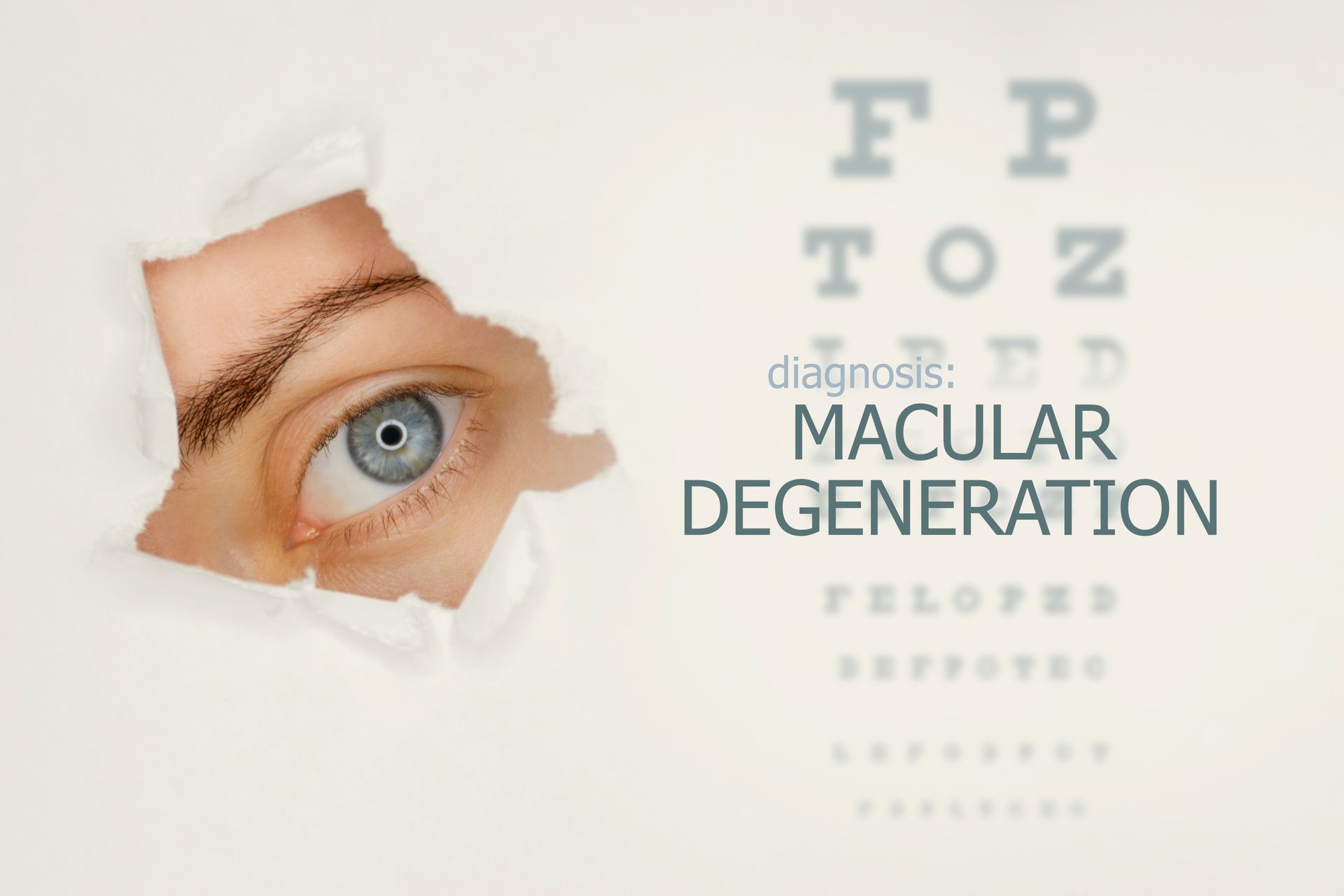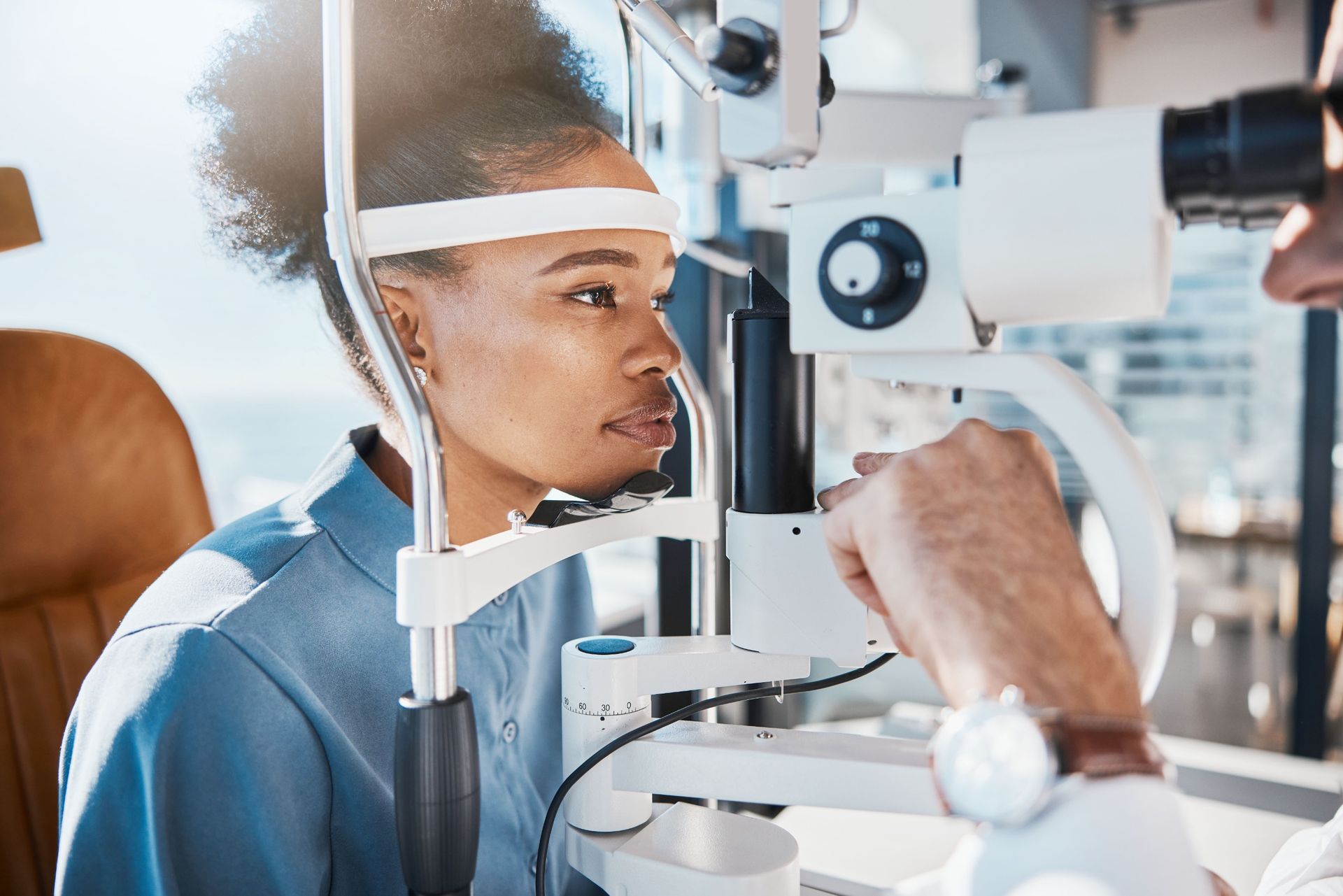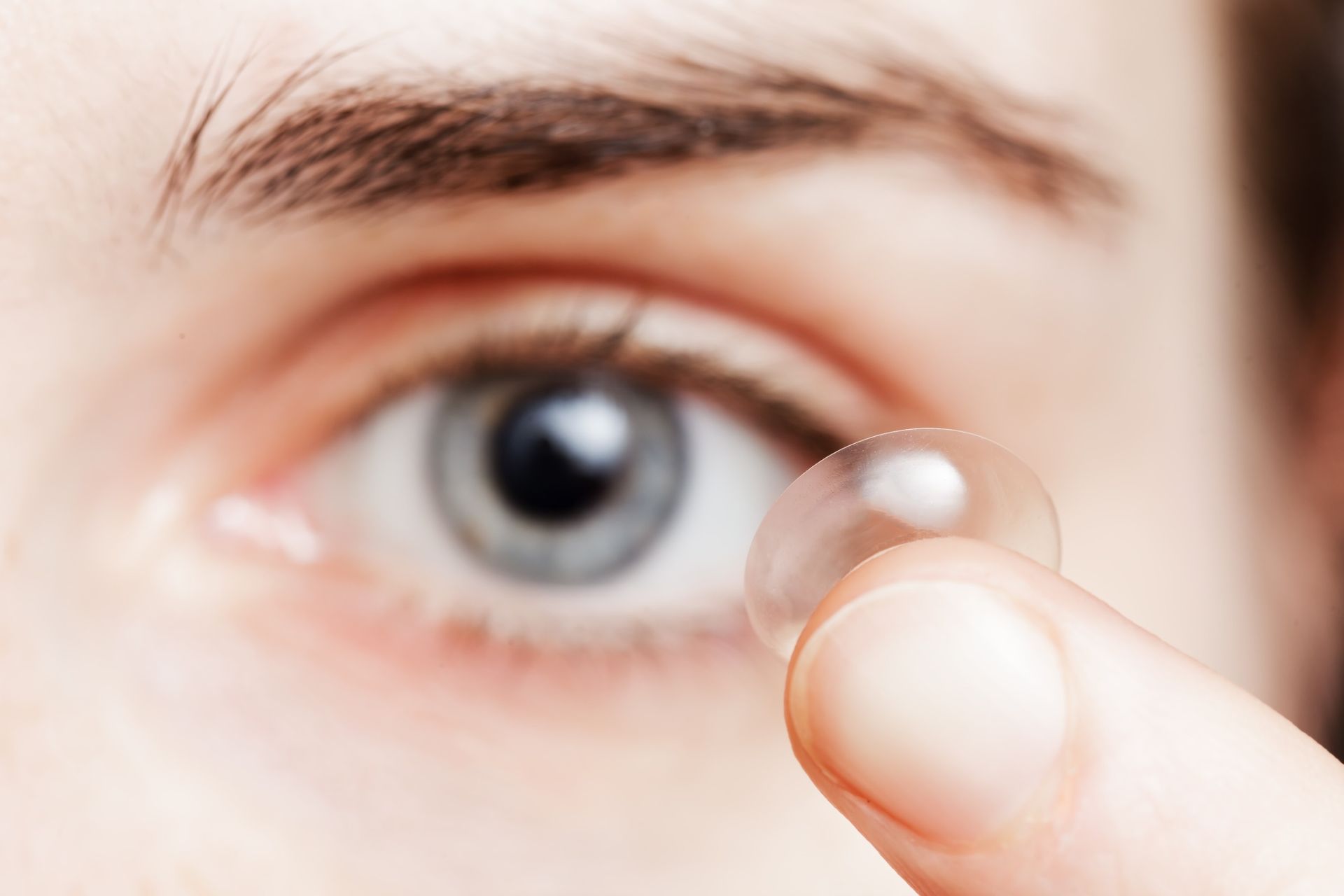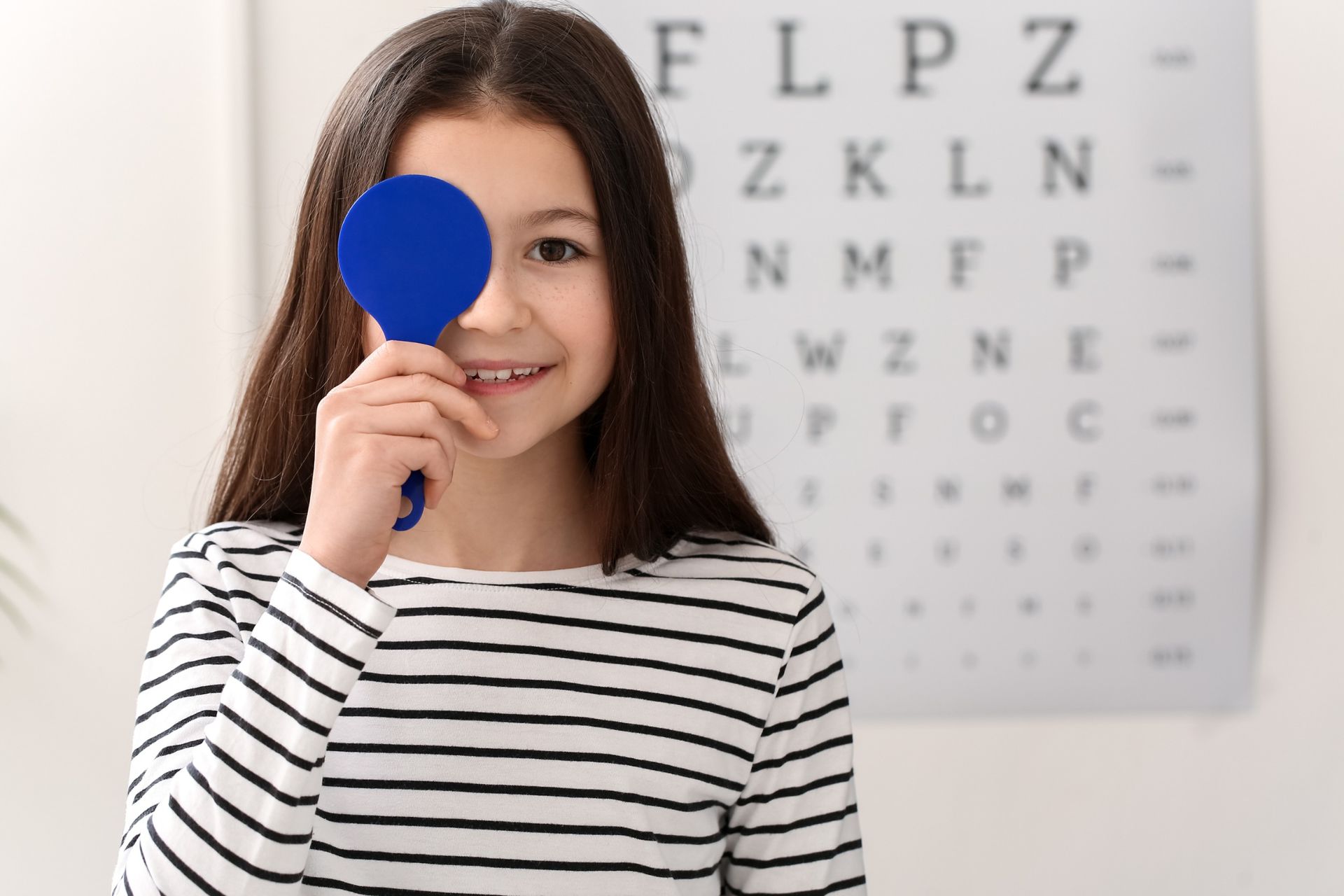Understanding Cataracts: Causes, Symptoms, and Preventive Measures
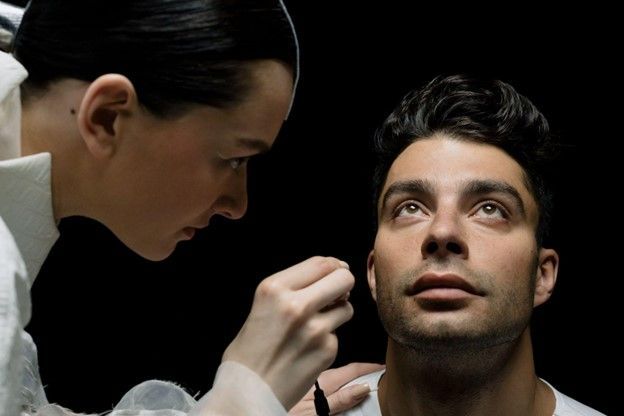
As we grow older, cataracts become a common eye issue that slowly clouds our natural lens, causing problems with our vision. While surgery can fix them, it's smarter to take steps to prevent them in the first place.
Let's dive into the reasons why cataracts happen, how to know if you have them, and what you can do to maintain your eye health.
Understanding Cataracts
The lens behind your eye's colored part directs light to the back of your eye, letting you see clearly. Cataracts show up when this lens gets cloudy from proteins and bits of cells building up. This cloudiness blocks light, making your vision blurry. If cataracts aren't treated, they can make you lose a lot of your sight and even cause blindness in severe cases.
Causes of Cataracts
Cataracts are mostly linked to getting older, but several other things can make them show up as well:
Aging
As we age, the lens inside our eye, which usually keeps things clear, starts to wear down. This breakdown makes the lens cloudy over time. Imagine it like a camera lens getting foggy, and suddenly, the world looks blurry.
Genetics
Sometimes, if cataracts are in your family history, you're more likely to get them. It's like inheriting a tendency to develop them, like a family trait.
Sunlight
Spending a lot of time in bright sunlight, especially without eye protection, can speed up cataracts. It's like too much sun can create a fog on the lens.
Complications from Diabetes
When you have diabetes, your blood sugar levels can cause trouble even in your eyes. High blood sugar makes the lens cloudy, kind of like a sugar haze.
Smoking and Drinking
If you smoke, it can affect your eyes and make cataracts more likely. The same goes for heavy drinking. It's like these habits team up with cataracts.
Eye Injuries
Sometimes accidents happen, and your eyes can get hurt. Injuries might trigger cataracts as a response to the damage, a bit like the eye's way of protecting itself.
Recognizing Cataract Symptoms
Knowing the signs can help you catch cataracts early and get treatment:
● Blurry Vision: Your sight might seem foggy or unclear.
● Glare Sensitivity: You might struggle with bright lights, especially at night.
● Color Confusion: Distinguishing colors, especially blues and purples, becomes tough.
● Double Vision: One eye might see multiple images.
● Night Vision Problems: Seeing in the dark becomes harder.
Keeping Cataracts at Bay
While you can't control aging and genes, there are other ways you can help avoid getting cataracts:
● Shield Your Eyes: When you're outside, put on sunglasses that block all UV rays. Wearing wide-brimmed hats helps too.
● Kick Bad Habits: If you smoke or drink a lot, cutting down can lower your risk.
● Eat Right: A diet packed with fruits, veggies, and foods rich in vitamins A, C, and E is good for your eyes.
● Manage Diabetes: If you have diabetes, controlling your sugar levels helps prevent cataracts.
● Regular Checkups: Visit an optometrist often to catch any issues early, including cataracts.
● Guard Your Eyes: When you're working with tools or chemicals, make sure to protect your eyes.
Clarity starts here! Prevent cataracts and enjoy sharp vision with the assistance of Optometric Associates of Southern Maine. Remember, early detection is essential, so prioritize regular eye checkups to ensure your eyes remain healthy and vibrant for years to come. Schedule an eye exam today!
